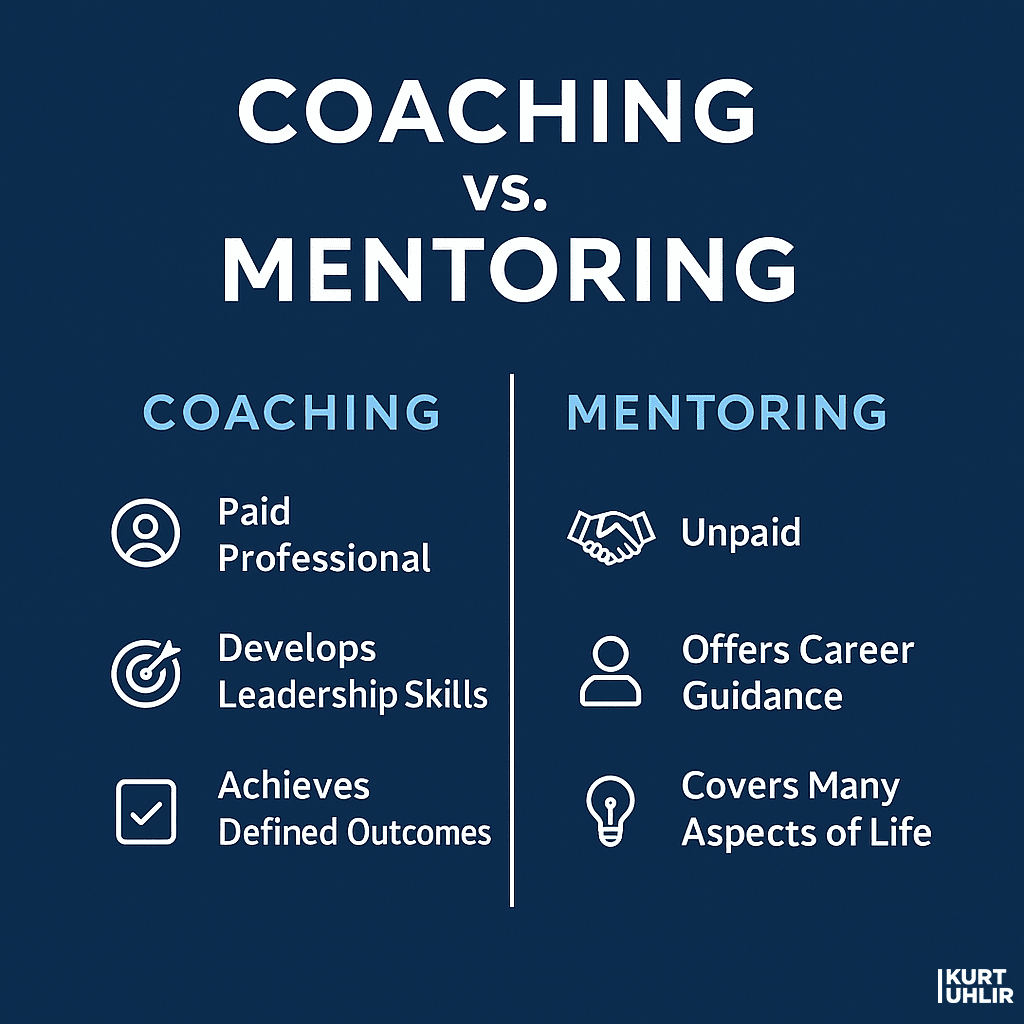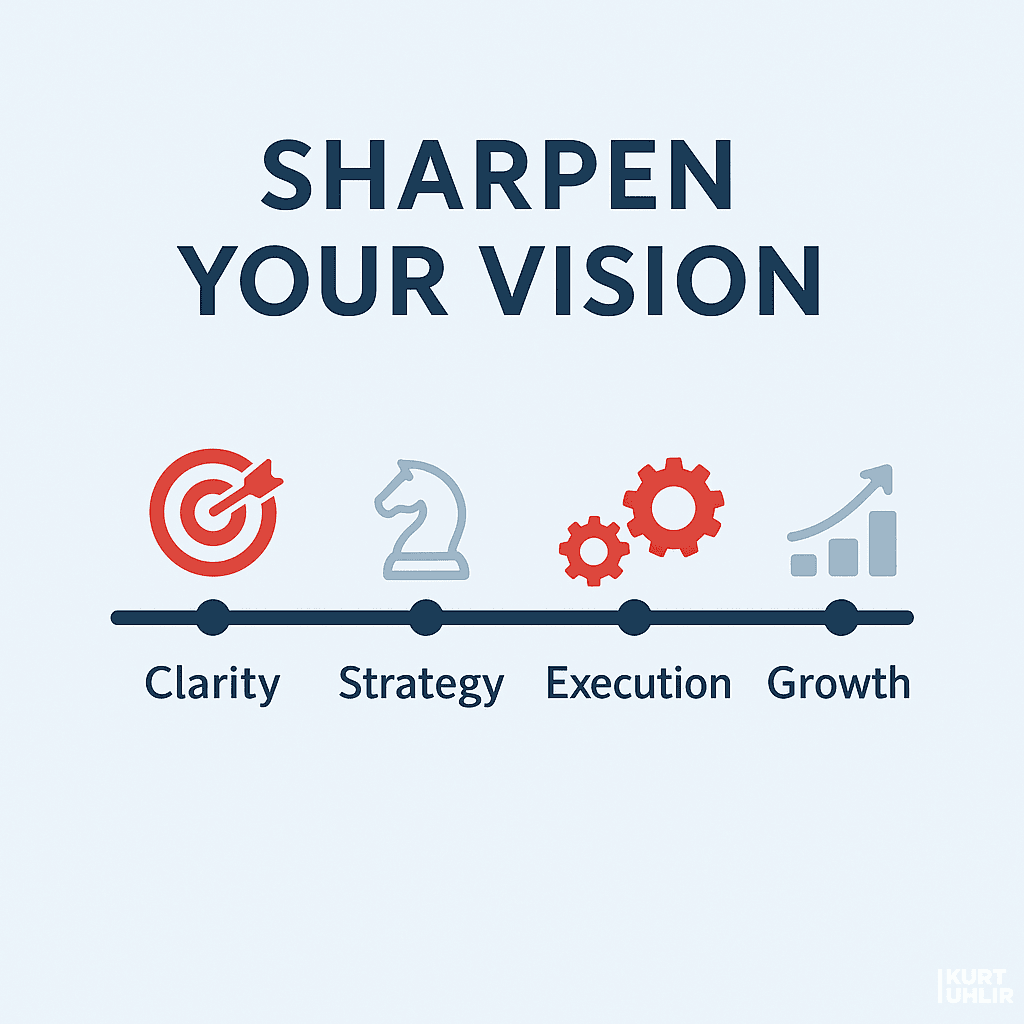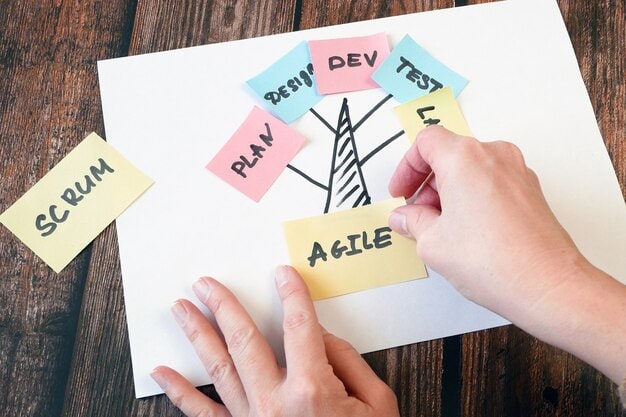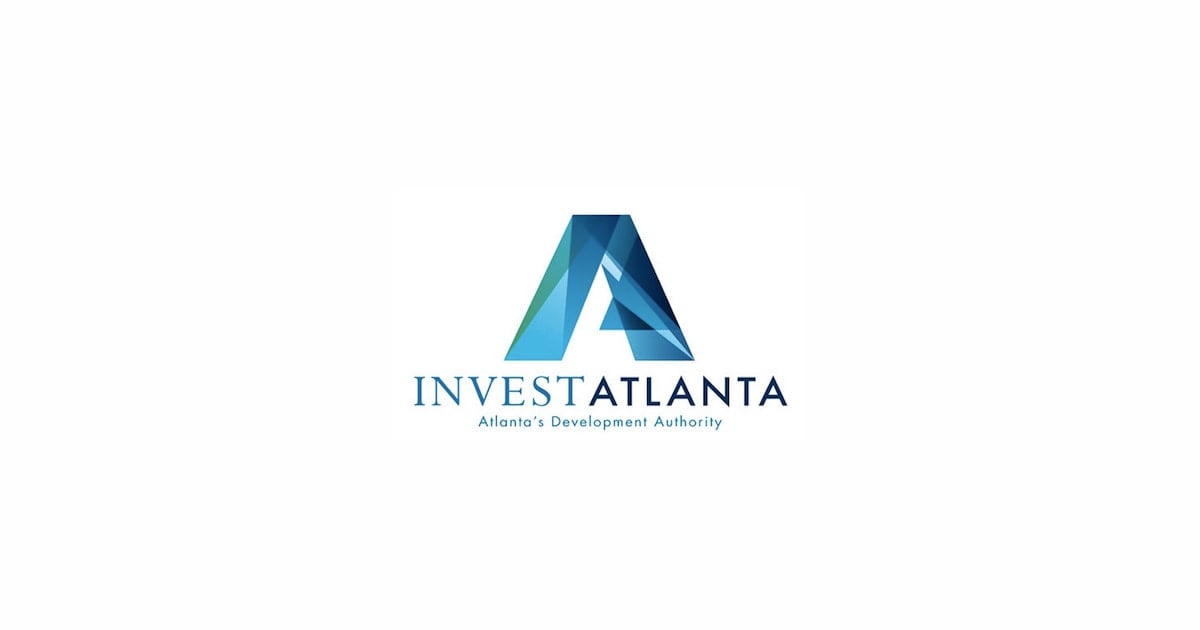11 Powerful Reasons to Hire a Leadership Coach: Transform Your Performance
Great leaders know they don’t have all the answers. The most successful executives make their best decisions—and drive higher profits—when they seek outside expertise through leadership coaching.
Professional coaching accelerates your growth by enhancing critical thinking skills and improving performance. It provides the essential support and challenges needed to develop faster in today’s business landscape where conventional management approaches fall short. Effective leaders must guide teams through burnout, change, and economic disruptions—making leadership coaching an invaluable tool for navigating modern complexity.
If you’re ready to increase your effectiveness as a senior leader, grow your business, and find greater fulfillment, here are eleven compelling reasons why an executive coach is your next strategic advantage.
What is Executive Coaching?
Executive leadership coaching is a targeted professional development process that helps leaders improve performance, achieve goals, and maximize potential. This collaborative, personalized approach focuses on enhancing leadership skills, strategic thinking, and self-awareness.
Executive coaching is perfect for leaders who want to:
- Cultivate a positive, productive work culture
- Drive measurable business results
- Achieve ambitious organizational goals
With a skilled executive coach, you gain fresh perspectives, develop sharper critical thinking, and master effective techniques to manage time, prioritize tasks, and make smarter decisions.

Coaching vs. Mentoring: Understanding the Difference
It’s vital to distinguish between coaching and mentoring. A coach is a paid professional who focuses specifically on developing leadership skills and achieving defined outcomes. Coaching relationships typically have clear timelines, structured frameworks, and measurable goals.
Mentoring, by contrast, is usually unpaid and more holistic—often encompassing career guidance, personal development, and navigational support across many aspects of life. While both roles provide valuable guidance, they serve different purposes in your leadership journey.
A Leadership Coach Will Sharpen Your Vision
A skilled coach works with you to establish clear purpose, vision, values, and direction that guide every decision. Through structured assessment and targeted resources, you’ll identify the gaps between your current reality and your strategic objectives.
This clarity becomes your competitive edge, especially for leaders navigating new responsibilities who need expert guidance on success within their organization. Leadership coaching prepares you for transitions and growth to deliver positive long-term results.
Cohort-based leadership programs provide an added advantage: a community of peers facing similar challenges, fostering collaboration and accelerated learning. Top-performing companies consistently invest in coaching because they recognize its direct impact on sustainable growth.

A Leadership Coach Shapes Your Leadership Style
The right coach helps you define what type of leader you want to be and provides honest feedback about how others perceive your approach. Through coaching conversations, they equip you with new coaching skills and techniques for leading others effectively, offering candid feedback on your interactions and targeted encouragement.
Through behavioral coaching, you’ll transform your mindset and patterns, enabling you to lead with greater impact by deeply understanding and improving workplace dynamics. This transformational change helps developing leaders reach new levels of effectiveness.
Leadership Coaches Build Unshakable Confidence
A leadership coach systematically builds your leadership confidence by identifying your strengths, pinpointing improvement areas, and developing action plans that drive results.
They help you cultivate the self-assurance needed to tackle new challenges and position yourself for promotion or growth opportunities. The best coaching empowers you to demonstrate the confidence required for today’s challenges while building the skills needed for tomorrow’s demands.
You’ll Eliminate Critical Blind Spots
We all have blind spots—but leaders who can’t see them pay the highest price. A professional coach helps you identify and overcome these hidden weaknesses by supporting you in changing outdated habits and developing essential new capabilities.
An experienced coach knows precisely which coaching approach will address your specific needs, creating targeted improvement paths that drive measurable results. For advanced leadership development, coaches with at least three years or 100 hours of coaching experience offer specialized programs tailored to executive-level challenges.
Coaching Transforms Your Decision-Making
A coach can help you see situations differently and leverage your unique strengths. They help you establish clear strategies for accomplishing professional goals, recognize your capabilities and limitations, and set ambitious but achievable targets.
Strategic coaching emphasizes overcoming current and future obstacles, ensuring you’re prepared for complex challenges. By asking questions that trigger deeper reflection, coaches help you recognize the beliefs driving your behavior and how they impact your effectiveness. This refined thinking leads to wiser decisions and better outcomes.
Effective coaches demonstrate expertise and build trust, creating the foundation for productive coaching relationships that transform how you approach critical decisions. Coaching competencies enable coaches to provide personalized coaching that drives the desired outcomes for individual leaders.
You’ll Drive Higher Profits with Executive Coaching Services
An executive coach develops concrete plans to improve organizational performance at every level. They take a holistic approach—examining how company culture can be strengthened while ensuring each team member contributes optimally to the bigger picture.
Leadership coaches often conduct targeted workshops for teams, providing customized solutions for specific organizational needs. Co-founders particularly benefit from this approach, gaining unified vision while leveraging their unique perspectives.
A professional coach pinpoints exactly why you’re stuck, provides practical guidance to move forward, and delivers actionable advice for implementing change. This skill can be learned and improved by anyone in leadership positions, creating cascading benefits throughout your organization to maximize performance.
Many high-growth businesses have found this type of strategic support essential for sustained expansion. A skilled coach knows precisely when to challenge you and when to provide encouragement—keeping you and your organization moving forward.
A Coach Aligns Your Work With Your Values
You may have a sense of what matters most to you, but translating values into everyday actions presents a constant challenge.
A skilled coach helps you identify your core values and ensures everything from marketing materials to hiring decisions reflects them. They provide critical support when aligning your values with those of others and making positive impacts on your organization and community.
A Coach Helps You Reclaim Your Energy
As a leader, getting caught in the day-to-day grind happens easily. You’re constantly managing people, customers, and operations—often with no time left for yourself.
Structured leadership development courses provide practical tools to manage these challenges more effectively, often incorporating valuable experiential learning opportunities.
Without proper self-care, both your health and business success face serious risks. An executive coach helps you identify energy drains and develop strategies to minimize them or replace them with activities that fuel your performance and well-being.
A Coach Builds Your Ideal Company Culture
One of the most valuable investments you can make is hiring a coach who helps establish the culture you envision. With their diverse background and expertise, they develop positive work environments that boost engagement, productivity, and performance.
Leaders are often perceived as putting self-interest first. A coach helps you create a leadership approach that serves both organizational goals and the people who make them possible, contributing directly to your organization’s success.
A Coach Reinvents Your Leadership Approach
Today’s workplace constantly demands new skills and adaptability. Whether you’re taking on a new role or working with diverse teams from different backgrounds, leadership coaching provides the support you need in navigating complexity.
Working with an executive coach allows you to reflect on past experiences and apply them strategically to current challenges. They help you leverage your unique strengths as a leader and adapt your approach to each situation you face.
A Coach Frees You From Others’ Perceptions
Worrying about how others perceive you drains valuable mental energy. A coach builds your confidence so criticism doesn’t undermine your self-assurance. They also help you identify and work through biases and preconceptions that limit your effectiveness.
Skilled facilitators guide your leadership development, fostering innovative thinking and supporting collaborative learning to enhance team dynamics.
Professional Certification in Leadership Coaching
The International Coaching Federation (ICF) provides the gold standard for coaching certification, establishing ethical guidelines and core competencies for professional coaches. ICF credentials signify a coach’s commitment to high standards and continuous development.
Many prestigious universities and institutions now offer leadership coaching programs that combine academic rigor with practical applications. These programs typically include:
- Comprehensive theoretical foundations
- Hands-on coaching practice
- Mentor coaching and supervision
- Ethical frameworks for coaching
Coaches pursuing certification develop deep expertise in coaching conversations and techniques that create transformative experiences for clients. This professional training ensures they have the skills to help leaders perform at their highest level.
Choosing the Right Coaching Services
Coaching services are designed to help you achieve both personal and professional goals. These may include:
- One-on-one executive coaching
- Group coaching sessions
- Team coaching frameworks
- Targeted workshops and leadership coaching programs
Strategic Approaches to Hiring a Coach
You have several options when bringing coaching into your organization, each with distinct advantages:
Leadership Development Organizations: Firms like Turknett Leadership Group or John Maxwell Co. can coach multiple leaders simultaneously using established frameworks. This approach creates consistent, systematic change when addressing broad cultural or leadership issues. The trade-off? These programs often follow more rigid formats and may be cost-prohibitive if you need highly tailored solutions.
Individual Coaches: Bringing in an independent coach—whether for yourself or multiple leaders—often allows for more personalized development. This is the approach I’ve used for my own career advancement and informally when serving on boards or as an advisor. Individual coaches typically offer greater flexibility and customization for specific organizational needs.
Self-Directed Investment: Many senior executives secure coaching services themselves, funding it through departmental budgets or personal income. This approach gives you complete control over the coaching relationship and serves as a strategic investment in your career advancement. It also demonstrates your commitment to growth, which often positively influences how others perceive your leadership potential.
Executive coaches use active listening, powerful questioning, and honest feedback to help you identify strengths and weaknesses, set clear goals, and develop strategies to achieve them. These services can be customized to your specific needs—whether improving communication, building confidence, or developing leadership capabilities.
Through effective coaching practice, you gain deeper understanding of yourself and your organization, developing the skills needed to drive exceptional results.
Measuring Coaching Effectiveness
Measuring coaching impact is essential to ensure you’re getting the results you need. Effective measurement includes:
- Structured feedback from stakeholders
- Assessment of leadership skill development
- Evaluation of organizational performance improvements
Coaches use targeted tools including surveys, interviews, and focus groups to gather data and assess the impact of their services. This measurement helps refine approaches and ensures you receive the most effective coaching possible.

The Critical Role of Coaching in Developing Critical Thinking Skills
Critical thinking is now recognized as one of the most valuable leadership capabilities in today’s complex business landscape. Great leaders must be able to analyze situations, evaluate evidence, and make sound judgments under pressure.
Leadership coaching specifically targets the development of critical thinking skills through:
- Challenging Assumptions: Coaches ask probing questions that help you identify and test underlying assumptions
- Expanding Perspectives: Skilled coaches introduce alternative viewpoints and frameworks that broaden your thinking
- Enhancing Decision Analysis: Through structured reflection, coaches help you develop more systematic approaches to decision-making
- Deepening Self-Awareness: By highlighting your thinking patterns, coaches help you recognize cognitive biases and blind spots
Research shows that leaders who receive coaching demonstrate measurable improvements in their critical thinking abilities, which directly translates to better organizational outcomes and personal growth. The coaching process creates a safe environment for practicing these skills while receiving expert feedback.
Continuing Education and Growth
Professional coaches commit to their own continuing education, constantly refining their coaching competencies and staying current with emerging leadership research. This dedication to ongoing development ensures they bring the most effective approaches to their coaching engagements.
For leaders who have experienced the benefits of coaching, continuing education opportunities include:
- Advanced coaching workshops
- Leadership seminars and conferences
- Specialized certification programs
- Peer coaching communities
This commitment to continuous learning creates a virtuous cycle where both coaches and clients evolve together, pushing the boundaries of what’s possible in leadership effectiveness.
The Bottom Line
Finding the right coach requires looking beyond price to compatibility with your style and goals. Ask yourself what relationship you want—one that helps you discover new insights or one that fundamentally challenges your thinking.
Research potential coaches thoroughly before making your decision. And don’t delay finding someone because “now isn’t the right time.” If you’re serious about becoming a more effective leader, the time to start is now.
Frequently Asked Questions
What does a leadership coach do?
A leadership coach helps you improve performance through specialized techniques and insights into more effective leadership. They use targeted tools and processes to build your capacity to achieve organizational goals.
Leadership coaches work with successful leaders who have already demonstrated results but want to become more effective in building relationships and driving higher performance across their organization.
Why do companies hire executive coaches?
Executive coaches develop high-potential team members while addressing behaviors among executives that may limit organizational success.
The core purpose of effective coaching is improving performance and productivity by optimizing talent while reducing turnover. Follow-up mechanisms provide ongoing support and reinforcement, especially in hybrid or remote environments, ensuring leaders maintain development despite demanding schedules.
Beyond leadership development, executive coaches serve as mentors who teach leaders how to motivate teams and create positive work environments.
Should I get a leadership coach?
The decision to hire a coach depends on your specific situation and development goals. A coach provides valuable outside perspective if you’re looking to sharpen your leadership skills.
The educational content and frameworks provided by skilled coaches facilitate deeper engagement and continued learning long after formal coaching ends.
Why should I get a coach?
Coaching helps you tackle specific challenges with expert guidance. Skilled coaches develop your capabilities, shift your mindset, and help you understand the principles driving your behavior and its impact on others.
A good coach delivers honest feedback on your strengths while offering constructive criticism when needed. This balanced approach allows you to reflect and make meaningful changes.
Does the company or the executive pay for a leadership coach?
Some companies provide executive coaching as part of employee development programs or benefits packages. If the coaching aims to improve your performance for organizational benefit, your company may cover all or part of the cost.
Many forward-thinking executives invest in their own coaching—either through departmental budgets or personal funds. This self-directed approach gives you complete control over your development journey and demonstrates serious commitment to your growth. It also prevents coaching from being perceived as a remedial measure imposed by the organization.
Effective leadership coaching drives profit and sustainability—making it a worthwhile investment regardless of who funds it.
How much does a leadership coach cost?
Pricing varies based on structure (hourly rates vs. project-based fees), coaching type (executive coaching vs. team building), and the coach’s experience and expertise.
The most important factor is finding a coach with the essential qualities needed to deliver effective leadership development.
What can an executive coach do for me?
Executive coaching transforms good ideas into concrete action. If you have strategic vision for your company’s direction, a coach helps make it happen.
The most valuable coaching comes from someone with the experience and knowledge to guide you toward your goals. They provide a sounding board, help develop action plans, supply tools and resources—and most importantly, keep progress moving forward in manageable steps.
Effective coaches create confidential, safe spaces where you can share challenges and aspirations openly. Many emphasize continuous learning through targeted reading to stay current on industry trends and find fresh inspiration.












